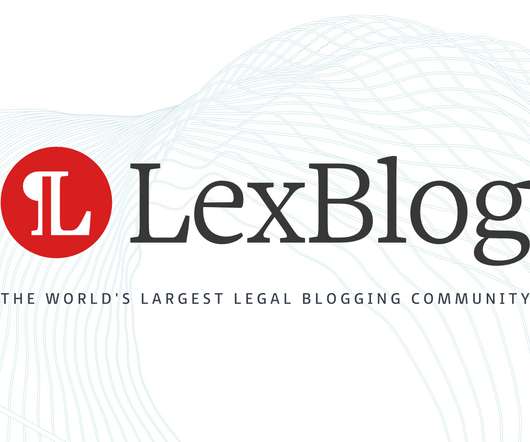Young Consumers Love to “Buy Now, Pay Later” – Here’s What to Know About the Explosive Fintech Trend
Perficient
JULY 11, 2022
Since Square purchased Afterpay, customers can get an Afterpay card to use with participating retailers that operate with Square, which lets customers use Afterpay for in-store purchases. Pay in 4 is not currently available for residents of Missouri, New Mexico, North Dakota, South Dakota, Wisconsin, or any US Territories.














Let's personalize your content